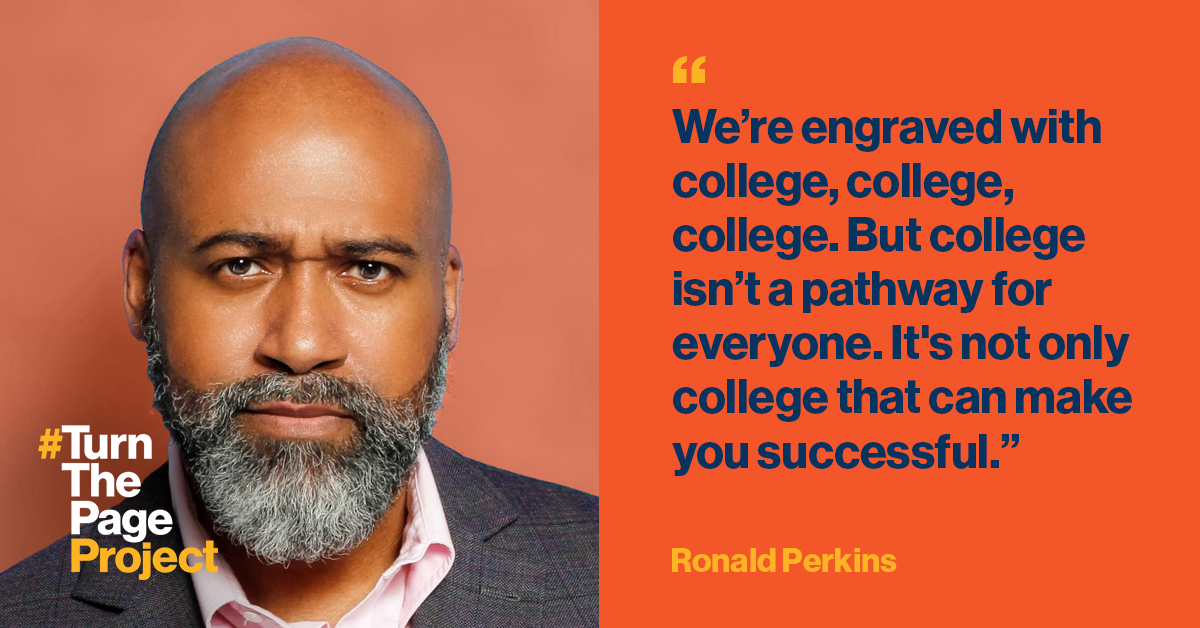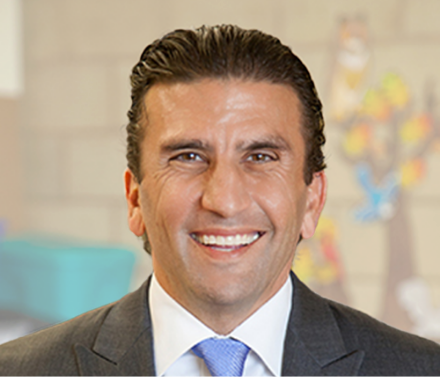I PREACH TO young folks, “If you could wake up every single day and love what you do—what would it be? That’s your passion.” You have to find out what you’re excited about, not what society is saying you should be.
A lot of younger folks now have a stronger sense of what they want to do. Innovation and technology have opened the doors up for a lot of them at an earlier age. We need to have mechanisms in place to keep them interested. If we don’t hold their interest, something else will.”
Everybody’s journey to employment isn’t the same. We need to address that head on, and let young folks know that it’s not just about saying, “I want to do something.” It’s having the right opportunity to take advantage of your skill set, and knowing what needs to be in place to connect you.
We’re engraved with college, college, college. Our parents said, “You don’t want to do the grunt work. Why would you want to hurt yourself or break your back going into a trade?”
But a lot of folks are afraid of post-secondary education, and that’s a conversation we don’t have. College is a big thing, especially if no one in your family has gone, and no one is pushing it. Instead, they’re saying, “Go get a job. When you gonna get bills?” Man, the professors and the scenery—that’s scary to someone who has never been exposed to college life. Even being away from home and going across town can be a challenge. Our institutions don’t get that.

SHARE RONALD’S STORY!
College isn’t a pathway for everyone, so having an option, a valuable option, in the trades or any type of industry outside the college track is very important. It’s not only college that can make you successful.
A lot of younger folks now have a stronger sense of what they want to do. Innovation and technology have opened the doors up for a lot of them at an earlier age. I’m very confident that these young men and women will move in the right direction, as far as careers and career choice placements go. But we need to have those mechanisms in place to keep them interested. If we don’t hold their interest, something else will. So why not support them?







